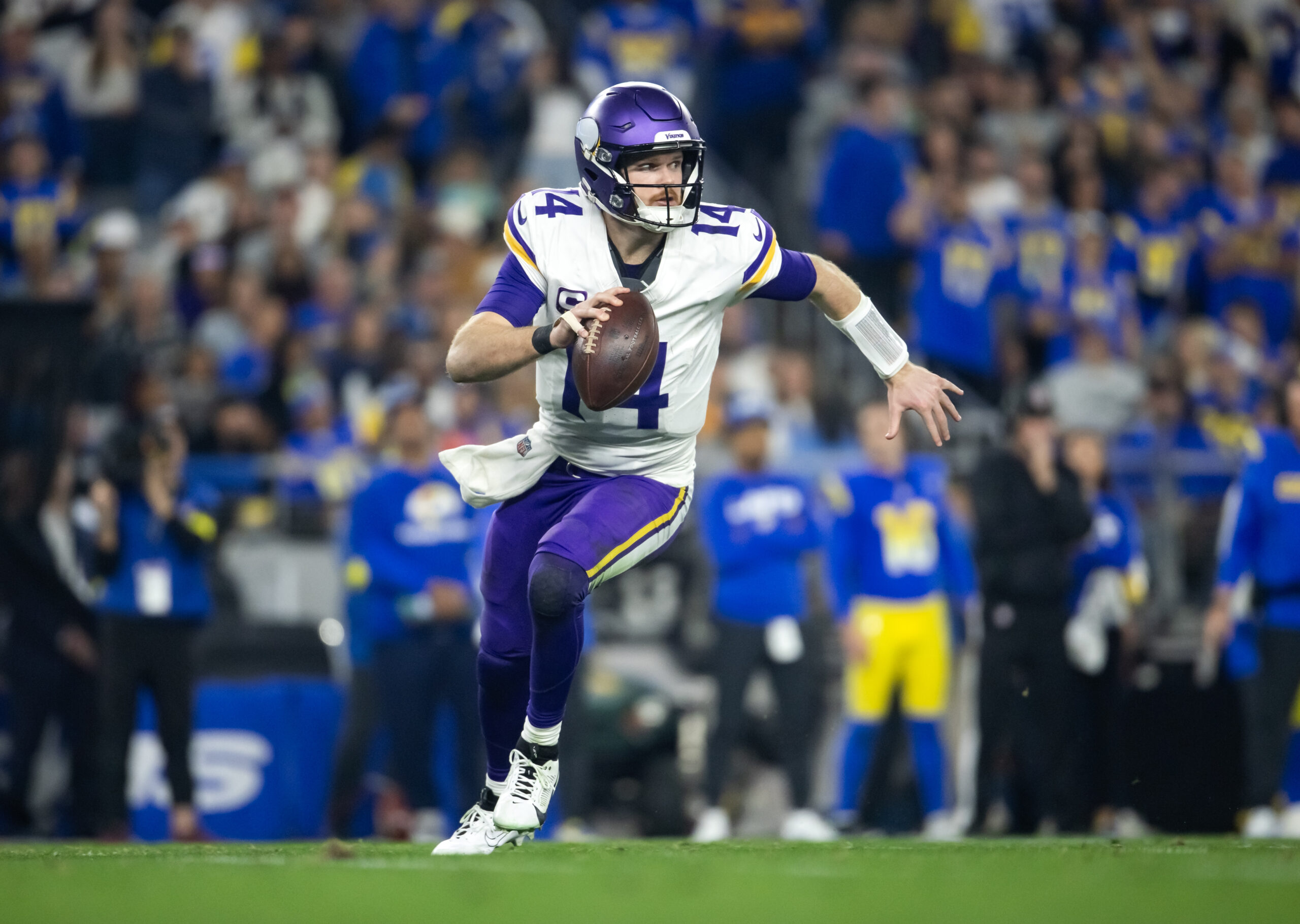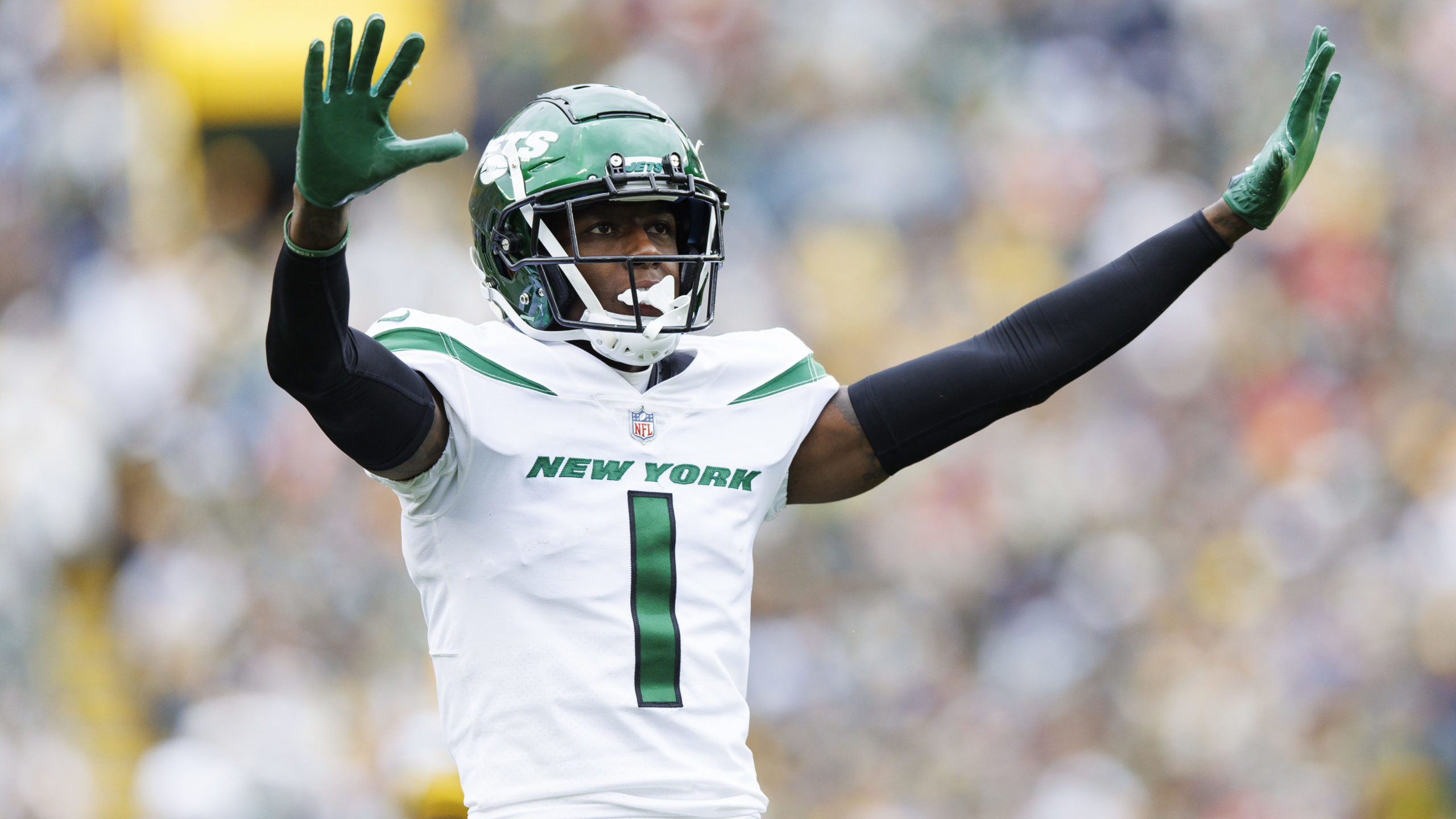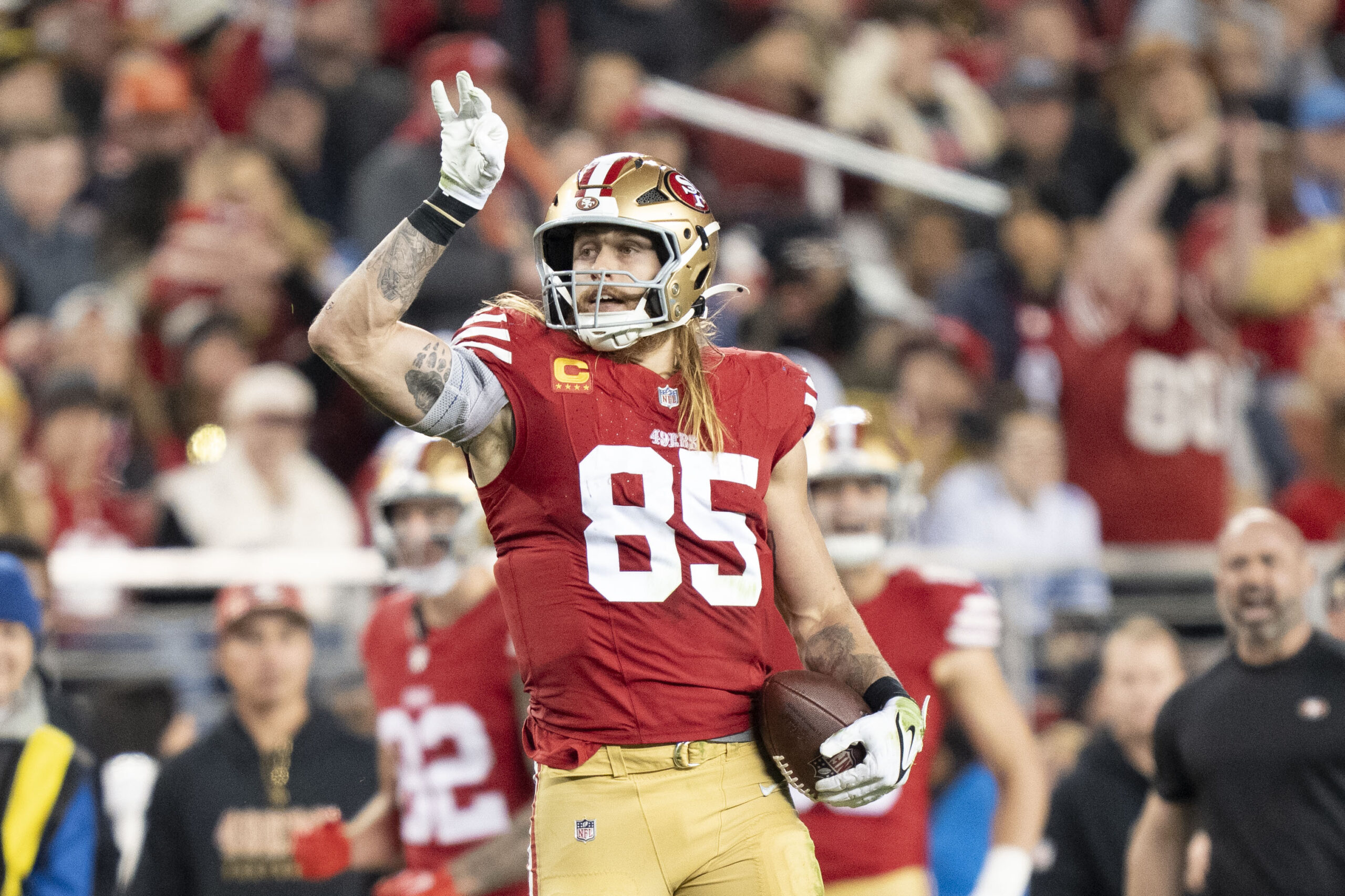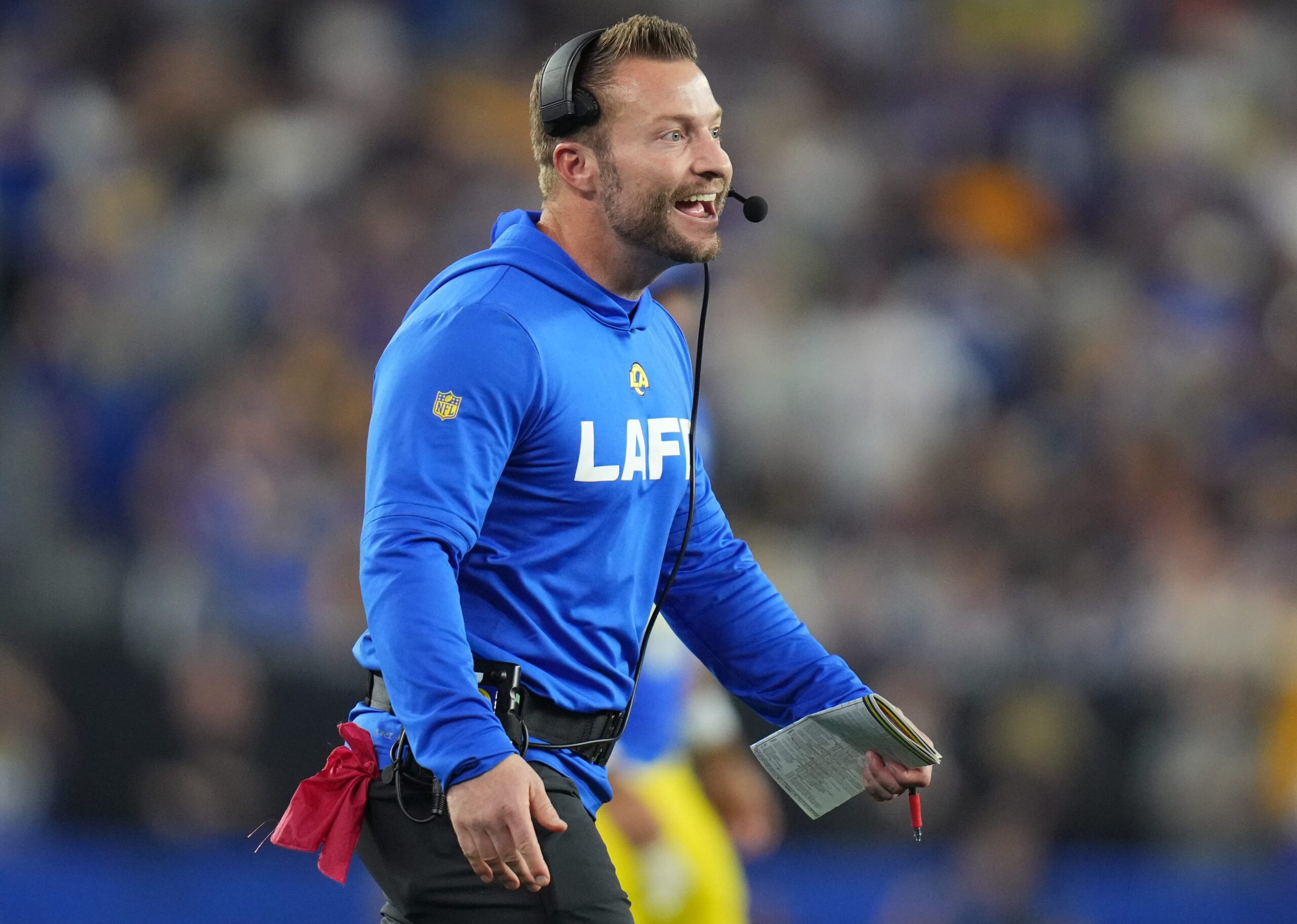NFL Analysis
7/22/22
5 min read
The Friday Five: Marty Mornhinweg
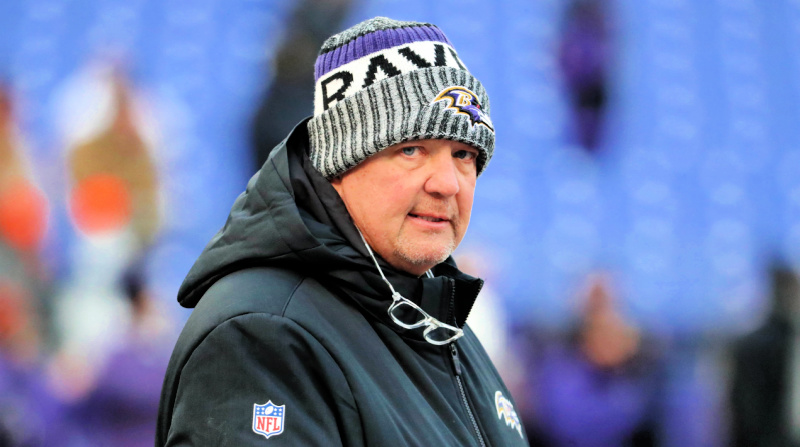
Marty Mornhinweg is a longtime NFL coach whose illustrious career has included stops as Head Coach with the Detroit Lions and Offensive Coordinator with the 49ers, Eagles, Jets, and Ravens. He most recently served as a Senior Offensive Assistant for the Philadelphia Eagles.
We caught up with Marty for this week's Friday Five...
Who is your biggest mentor?
I'm 60 years old, so I have a lot of mentors! First, my dad. I was very fortunate to grow up in a family that supported me.
I was extremely fortunate to have a great quarterback coach in high school by the name of Mike Holmgren. He grabbed me when I was 14 years old and taught me how to play the quarterback position and then, years later, hired me to coach his quarterback—that just happened to be Brett [Favre].
I just did my quarterback school, and I’m coaching quarterbacks in the state of Montana the same way Holmgren taught me how to coach them—basic fundamentals, progressions, reads, the thought process of a quarterback. I learned as I got to college and went along that I was very fortunate and so I’ve coached others the same way.
Andy Reid was a huge mentor. We coached four different places together and I coached for him for a decade in Philadelphia. Bill Walsh — I was a camp arm for the San Francisco 49ers and then later I was the coordinator and he's the general manager. I learned an awful lot of big picture items from Bill Walsh. Steve Mariucci and I are very close. He taught me an awful lot about the quarterback position. Bill Maskill hired me for my first full-time job at Southeast Missouri State, and then Bob Stull hired me in my first I-A job. I learned an awful lot.
I suppose many, many others — including players. You can learn an awful lot from your players…if you listen: Brett Favre, Steve Young, Jeff Garcia, Geno Smith, Joe Flacco, Lamar Jackson, Jalen Hurts.
If you could give your younger self one piece of advice, what would that be?
Celebrate more. Enjoy the moment. I just talked to the quarterbacks in my school about that. I think that's missed just a little bit in athletics, because you have a huge win and it's on to the next one very, very quickly. I know that's how I was as a player and a coach. Heck, we went to the Super Bowl in Green Bay and just a few days later, I took the coordinating job in San Francisco.
Now, I try to celebrate just a little bit more and enjoy the moments. Life is fleeting. You know, all my kids are already grown and off and running. I wish we would have celebrated and enjoyed the moments just a little bit more.
How has football culture changed the most since you were a quarterback?
Just what has been affected by the rules. The rules have dictated to teams that passing a football is the quickest way to your opponent's goal line. That’s changed everything—the protection of the quarterbacks, pass interference, the non-contact rules that have come into play over the course of several decades here. Your quarterback is standing a little bit taller. A little more healthy. Receivers can release a little bit easier and faster.
I thought that we were ahead of the curve for a long period of time.
NFL offenses today take a lot of inspiration from the college game, but what do you see as the next big trend coming down the road?
I've always tried to stay one step ahead of our opponent or the rest of the league because the game of football is cyclic with very few things that have not already been done…or variations of it.
I was coaching at the University of Missouri, and the great Don Faurot had an office there. I walked past his office one time, and he had some film on — like 8mm film. I stopped and watched it with him, and I'm going: “Coach, what year is this?” It was in the 1940s, and the University of Missouri was in empty, no-backs shotgun against Oklahoma. Holy smokes! I thought the Dallas Cowboys invented the shotgun in the 70s! My point is: It's cyclical.
Because of those rule changes or rule emphases I mentioned—that's the direction it's going to go, because every team is going to try to get an advantage and stay ahead of the curve. The passing game is going to continue to flourish because of those rule changes and the volume of these great athletes coming out of college.
If you could invite any three people in history, who would they be and why?
My first one would just have to be Abraham Lincoln, period. That would be a fascinating conversation, because of how this country was developing at the time of his presidency.
My second one would be Elvis Presley. Are you kidding me? I was a sophomore in high school and in training camp when Elvis passed away — or apparently passed away. I thought, “Shoot! I never got to see him live!” I mean, I'm in a battle to be the starting quarterback, but all I could think about was Elvis Presley.
The third one is DB Cooper. I would love to have dinner with him because we still don't know exactly what happened. I love conspiracy theories. I love to study conspiracy theories, but here's my problem: I have never run into a conspiracy theory that I actually believe. I've studied the story of DB Cooper quite a bit over many years, and I've thought I've known what happened, and then I'll read another book on him and then I'll switch my mind. I’d love to know.


